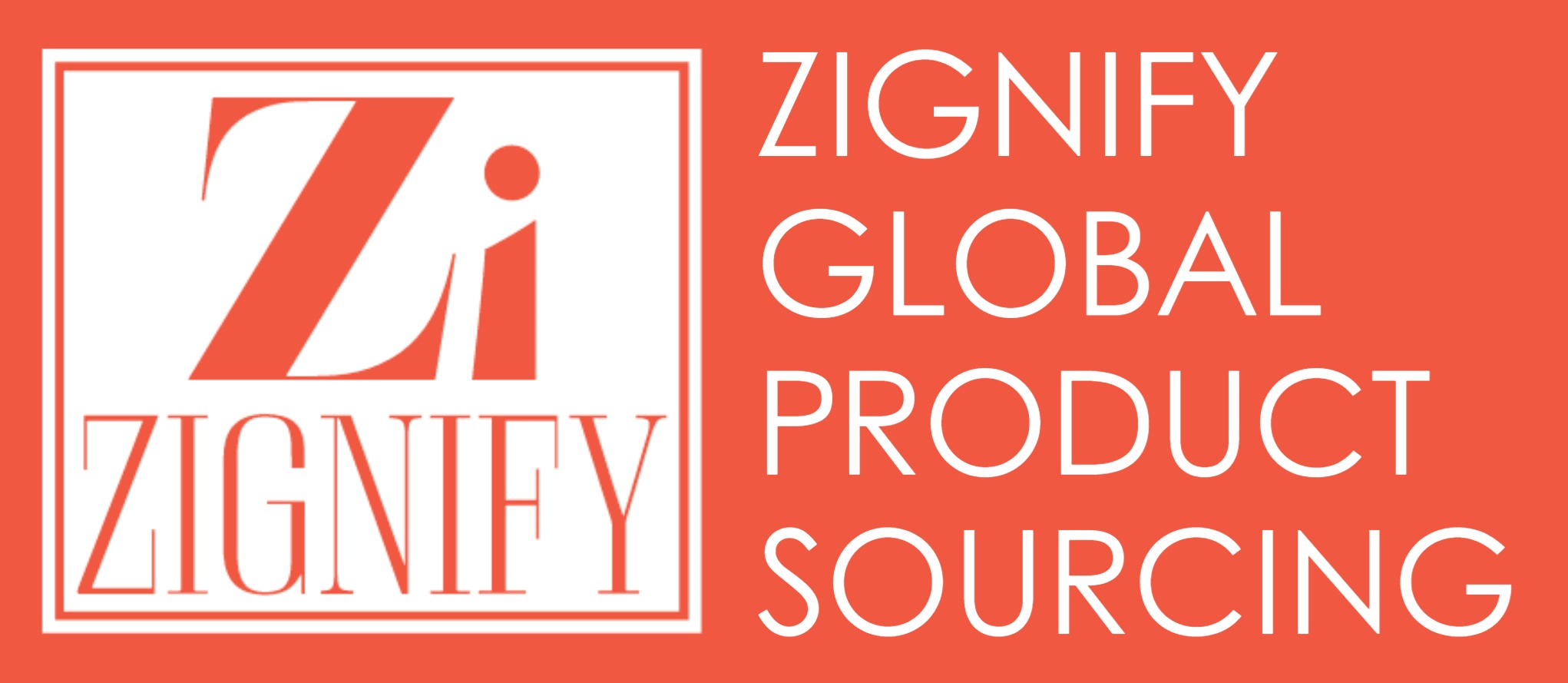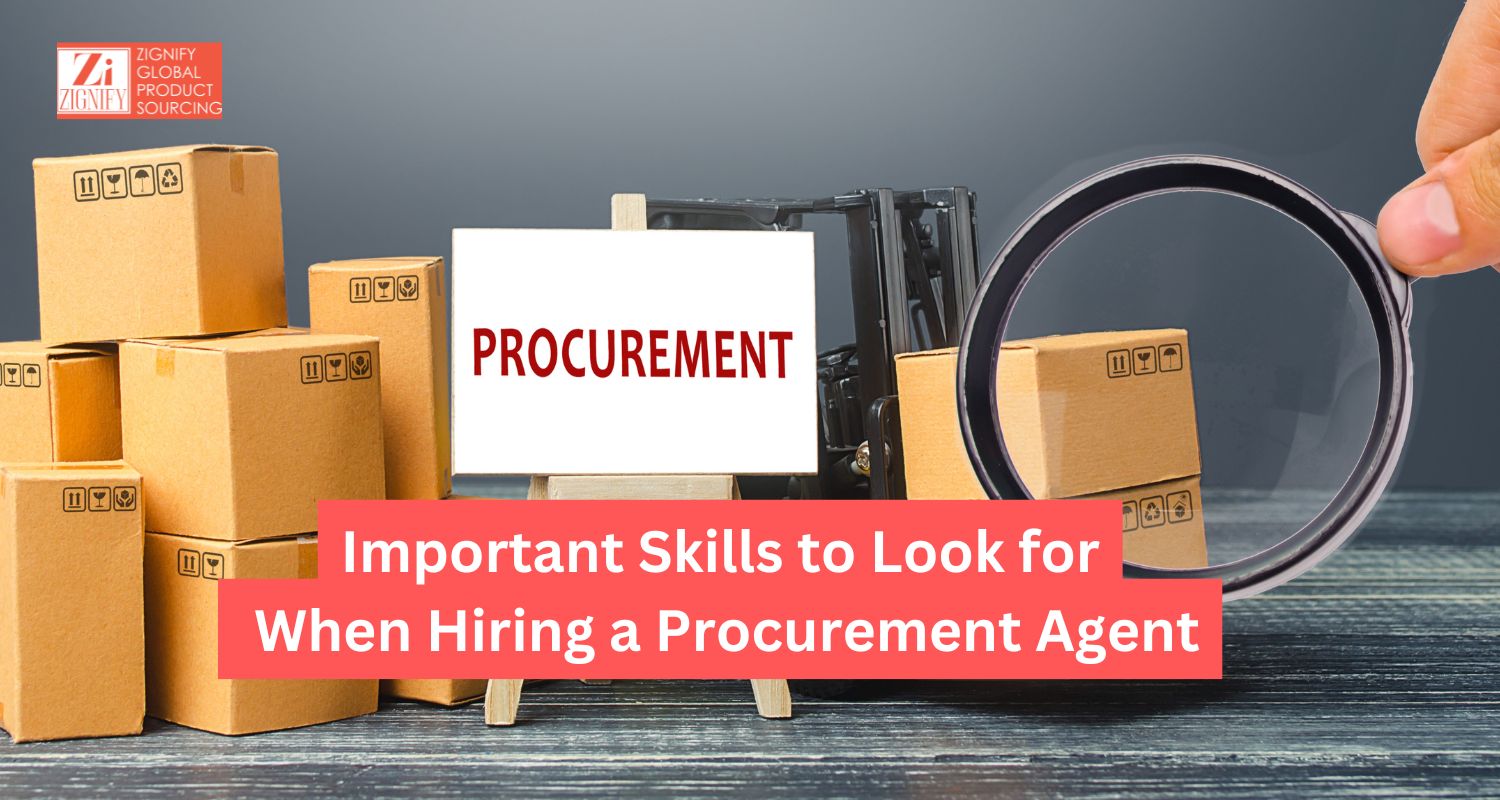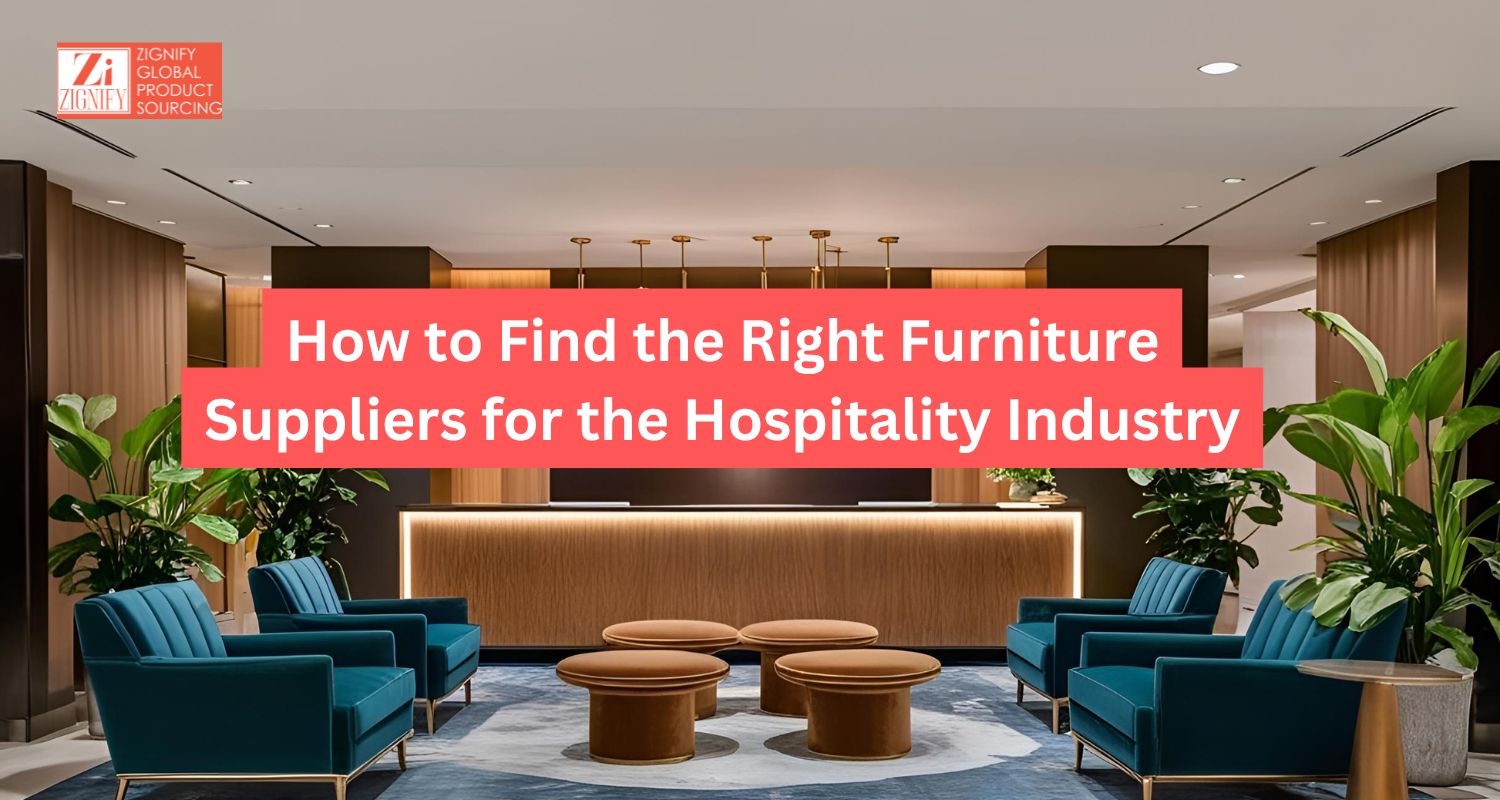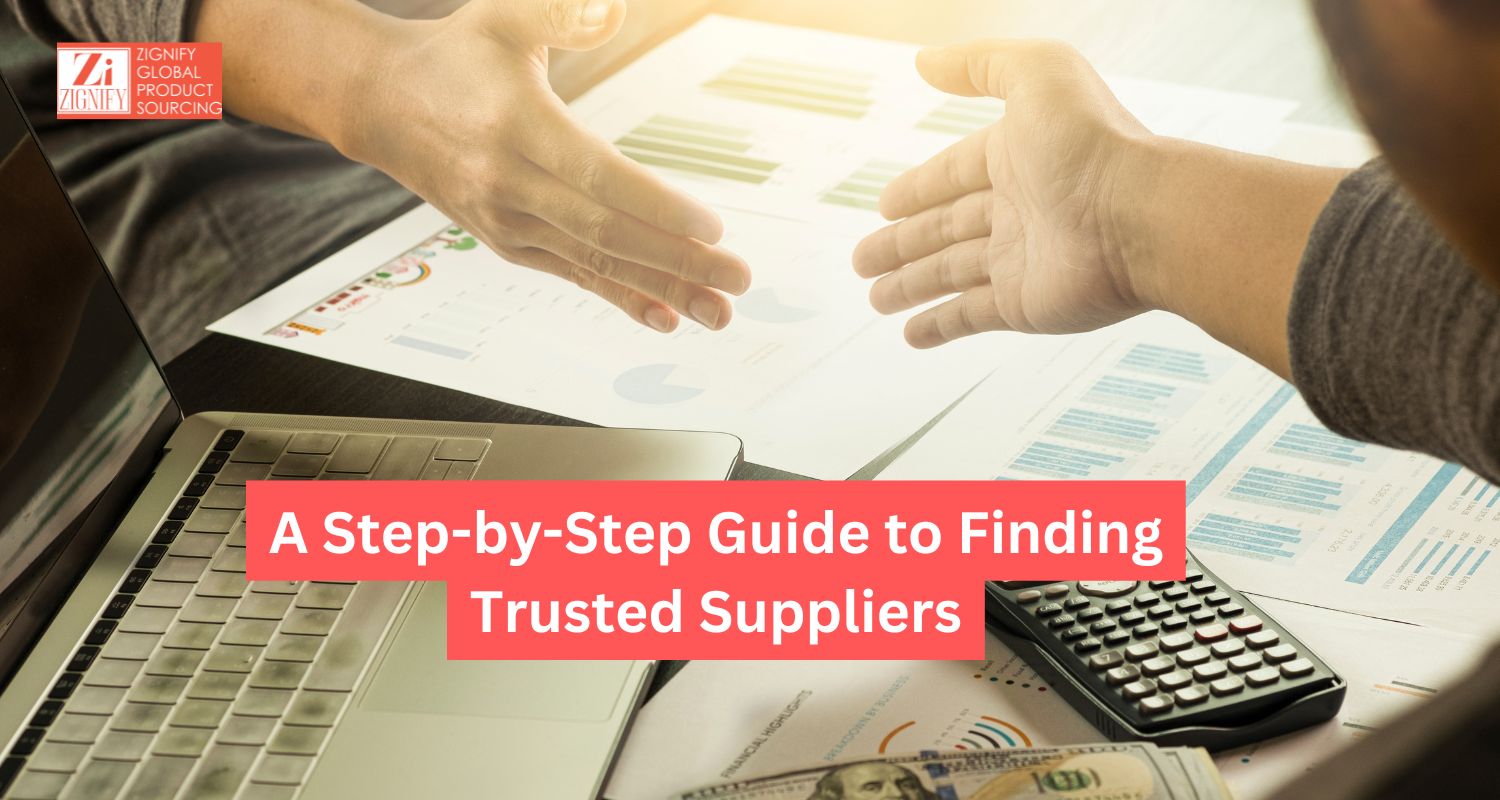China is the global hub for manufacturing and product sourcing. But finding a reliable sourcing agent in China—someone who understands the local landscape, speaks the language, and negotiates on your behalf—is the key to business success. Without the right sourcing partner, you risk delays, miscommunication, and low product quality.
This guide breaks down the essential steps, insider tips, and common pitfalls to help you choose a trustworthy Chinese sourcing agent.
Comparison of Sourcing Methods
| Sourcing Method | Pros | Cons | Ideal For |
| Direct from Factory | Lower costs, fewer intermediaries | Communication issues, no quality assurance | Experienced importers |
| Online Platforms (Alibaba) | Wide selection, convenience | Risk of scams, inflated prices, fake listings | First-time importers |
| Freelance Sourcing Agents | Flexibility, local knowledge | Hard to verify credentials, inconsistent quality | Small businesses |
| Sourcing Companies | Full-service support, vetting, logistics | Higher fees, rigid structure | Mid-large scale importers |
| Trade Shows (Canton Fair) | Firsthand product check, networking | Travel costs, seasonal events only | Businesses seeking innovation |
Why Work With a Sourcing Agent in China?
Before diving into the search, it’s important to understand why partnering with a sourcing agent in China can be beneficial for your business.
A reliable agent helps:
- Navigate complex Chinese markets.
- Identify trustworthy manufacturers.
- Handle negotiation and cultural barriers.
- Ensure product quality through inspections.
- Manage logistics and documentation.
In short, they save you time, money, and a lot of headaches.
Don’t underestimate the value of local expertise—especially when your supply chain is on the line.
Read more 31 Terms You Ought to Know When Sourcing from China
Top Qualities to Look for in a Chinese Sourcing Agent
The right sourcing partner isn’t just about low costs. They must offer consistency, transparency, and experience.
Before we dive into the practical ways to find them, here are the key qualities you should look for:
- Experience in your product category
- Excellent English and Chinese communication skills
- Established network of verified suppliers
- Transparent pricing structure
- On-ground presence in manufacturing hubs
- Clear and documented quality control processes
- Positive references and reviews
An agent with these traits is more likely to align with your long-term business goals.
Where to Start: 5 Best Ways to Find a Reliable Sourcing Agent in China
Choosing the right agent can feel overwhelming. But there are tested and proven ways to narrow down the list and make informed choices.
Let’s walk through each method.
1. Referrals and Industry Recommendations
Referrals remain the most trusted way to find a sourcing agent. If someone in your network has had a good experience, start there. Personal recommendations often lead to more trustworthy connections.
- Ask within industry Facebook or LinkedIn groups.
- Join product sourcing communities or import forums.
- Reach out to trade associations.
2. Attend Trade Shows
Attending trade events such as the Canton Fair or Global Sources Summit allows you to meet agents face-to-face. Meeting in person builds a strong foundation for long-term collaboration.
- Evaluate professionalism and transparency.
- See real product samples and inspect quality.
- Build trust faster through direct interaction.
3. Use B2B Platforms with Caution
Websites like Alibaba, Global Sources, and Made-in-China.com host sourcing agents and suppliers. These platforms can work if:
- You thoroughly vet the agent’s profile.
- Check for verified badges or third-party audits.
- Read reviews beyond the platform (e.g., Google, Trustpilot).
However, many scammers also operate on these platforms. Always conduct due diligence. Use platforms as a starting point—not the final vetting step.
4. Hire a Sourcing Company
Full-service sourcing companies offer end-to-end support—from supplier vetting to logistics.
They are ideal for:
- Businesses scaling fast.
- Importers looking for product variety.
- Those needing warehousing, packaging, and shipping services.
While more expensive, sourcing companies offer structured and often safer alternatives. Book a free consultation to learn more which sourcing company best for your business here
5. Freelancer Websites
Sites like Upwork or Fiverr feature independent Chinese sourcing agents. Here’s how to find reliable ones:
- Choose agents with high ratings and verified reviews.
- Ask for samples of previous work.
- Conduct a video interview.
Flexibility is a plus, but keep a close eye on quality and consistency.
How to Avoid Common Sourcing Agent Scams
Unfortunately, not all agents operate ethically. Here’s how to spot red flags:
- No physical address or website
- Avoids video calls or in-person meetings
- Doesn’t provide supplier details or certifications
- Requests upfront payments without documentation
- Pushes unusually low prices
Always request contracts, check references, and avoid agents who refuse transparency.
How to Evaluate a Sourcing Agent Before You Hire
Once you’ve shortlisted potential agents, here’s a practical checklist to evaluate them:
- ✅ Ask for a list of past clients (and contact a few)
- ✅ Review sample inspection reports
- ✅ Test their communication speed and clarity
- ✅ Request an initial small order to assess reliability
- ✅ Analyze pricing breakdown and commission
A trial run is a great way to test your potential sourcing partner.
How to Find a Reliable Sourcing Agent in China for Your Business
Finding the right sourcing agent requires time and effort—but when done right, it can elevate your supply chain strategy and boost profit margins.
One sourcing expert that stands out is Zignify, with over 20 years of global product sourcing experience. Zignify operates with on-ground teams in major Chinese manufacturing zones and offers:
- A transparent process with no hidden fees
- Supplier vetting and product sampling
- Quality assurance and shipping management
- Multilingual support (EN, DE, FR, CH)
Whether you’re a startup or scaling up, Zignify can tailor solutions based on your product and market.
👉 Schedule your free consultation now with Zignify—no upfront payment required, no obligations. Get expert support, avoid sourcing pitfalls, and grow your business with confidence.
Impact of U.S. Tariffs on China Sourcing and the Rise of Alternatives
The U.S. tariffs on Chinese imports have had a major impact on global sourcing strategies. In early 2025, the United States imposed a 10% tariff on all Chinese imports, which increased to 20% by March 2025, targeting a wide range of goods. These tariffs have significantly raised the cost of sourcing from China, prompting many businesses to rethink their supply chain dependencies.
As a result, companies are increasingly turning to alternative sourcing destinations to reduce reliance on China and mitigate tariff-related costs. Countries like Vietnam, India, Indonesia, and Mexico have emerged as strong contenders due to their competitive labor markets, improving infrastructure, and favorable trade agreements.
- Vietnam is a top choice for electronics, garments, and footwear.
- India is gaining traction in pharmaceuticals, textiles, and engineering goods.
- Indonesia offers cost-effective manufacturing for furniture, packaging, and agriculture-related products.
- Mexico, as part of the USMCA trade agreement, is ideal for nearshoring to North America with minimal tariffs and reduced lead times.
While China remains a dominant force in global manufacturing, shifting geopolitical dynamics and rising trade barriers have made diversification a strategic necessity. Businesses are now adopting a “China Plus One” approach to strengthen supply chain resilience and protect margins.
Manufacturing Cost Comparison: China, Vietnam, India, Indonesia, and Mexico
When evaluating alternative manufacturing destinations to China, it’s essential to consider factors such as labor costs, workforce availability, infrastructure, and industry specialization. Below is a comparative analysis of these countries:
| Country | Average Hourly Labor Cost (USD) | Workforce Characteristics | Industry Specialization |
| China | $5.51 (2018) | Large, experienced workforce; higher labor costs due to economic growth | Electronics, advanced machinery, textiles |
| Vietnam | $2.73 (2018) | Young, rapidly developing technical skills; low labor costs | Textiles, footwear, assembly-line electronics |
| India | Data not specified | Large, skilled English-speaking workforce; competitive labor costs | Pharmaceuticals, textiles, engineering goods |
| Indonesia | Data not specified | Growing labor force; competitive labor costs | Furniture, packaging, agriculture-related products |
| Mexico | $4.45 (2018) | Proximity to the U.S.; experienced workforce; moderate labor costs | Automotive, electronics, appliances |
Key Insights:
- Labor Costs: Vietnam offers the lowest labor costs among the compared countries, making it attractive for labor-intensive industries. China’s labor costs are higher due to its economic development, prompting companies to explore more cost-effective locations.
- Workforce Skills: India’s large, English-speaking workforce is advantageous for industries requiring technical expertise. Vietnam’s young workforce is rapidly acquiring technical skills, enhancing its appeal for manufacturing.
- Industry Specialization: Each country has developed expertise in specific sectors. For instance, Mexico excels in automotive manufacturing, while Vietnam is renowned for textiles and electronics assembly.
How to Build Long-Term Success with Your Agent
Once you’ve found the right agent, here’s how to keep things smooth:
- Communicate regularly via tools like WeChat, Zoom, or Slack
- Set KPIs like lead time, cost efficiency, and defect rate
- Visit China when feasible to strengthen the relationship
- Reward performance through bonuses or long-term contracts
Treat your sourcing agent as a strategic partner—not just a middleman.
Conclusion: Success Starts With the Right Sourcing Partner
In the competitive world of product sourcing, finding the right Chinese sourcing agent can make or break your business. A good agent helps you Access better products, Reduce sourcing risk, Scale efficiently. By following the tips above and partnering with experienced firms like Zignify, you’re setting up your business for sustainable success.
🔍 Ready to find the best sourcing agent in China? Start with a free consultation at Zignify.
Would you like me to generate the suggested graph image or embed a YouTube video link related to sourcing agents in China?
Frequently asked questions (FAQs) related to sourcing agents in China
- What is a sourcing agent in China? A sourcing agent in China is a professional or company that assists businesses in finding and managing suppliers within China, handling tasks like supplier identification, negotiation, quality control, and logistics.
- Why should I use a Chinese sourcing agent? Utilizing a Chinese sourcing agent can help navigate language barriers, cultural differences, and local business practices, ensuring efficient supplier communication and reducing risks associated with product quality and compliance.
- How do I find a reliable sourcing agent in China? To find a trustworthy sourcing agent, seek referrals, attend trade shows, use verified B2B platforms, and conduct thorough due diligence by checking references and verifying credentials.
- What services do China sourcing agents typically offer? China sourcing agents often provide services such as supplier identification, price negotiation, quality inspections, production monitoring, and coordination of shipping and logistics.
- Are sourcing agents in China expensive? The cost of hiring a sourcing agent varies but is generally offset by the benefits of better pricing, quality assurance, and time savings they provide. Fees can be structured as a percentage of the order value or a flat rate.
- Can sourcing agents help with product customization? Yes, many sourcing agents assist with product customization by communicating your specific requirements to manufacturers and overseeing the production process to ensure specifications are met.
- How do sourcing agents ensure product quality? Sourcing agents conduct factory audits, perform quality inspections during and after production, and may arrange third-party testing to ensure products meet your quality standards.
- Is it necessary to visit China when working with a sourcing agent? While not necessary, visiting China can strengthen relationships and provide firsthand insight into production processes. However, a competent sourcing agent can effectively manage operations on your behalf without a visit.
- How can I verify the legitimacy of a Chinese sourcing agent? Verify a sourcing agent’s legitimacy by checking their business licenses, asking for client references, reviewing their track record, and considering their presence on reputable industry platforms.




